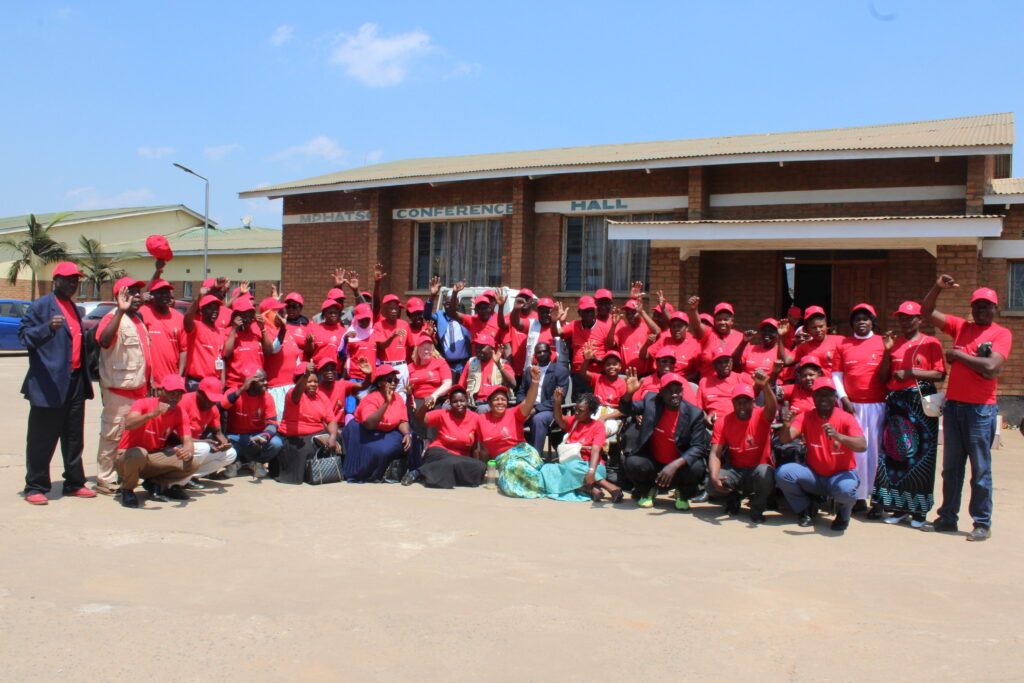The Malawi Union for Informal Sector (MUFIS) recently held its national workshop and 2025 Congress at Mphatso Motel in Mzuzu under the theme: “Organize, Take the Union to the People.” The event drew participants from nearly all districts in the country, with the exception of Likoma, and included the election of new office bearers.

Union Goals and Economic Role
During the official opening ceremony, MUFIS President Ken Williams Mhango emphasized the union’s mission to promote small and medium enterprises across Malawi, recognizing the informal sector as a key driver of the country’s economy. He highlighted that the sector supports many Malawian households despite operating under difficult conditions.
Mhango called for substantial investment and support from the government and other stakeholders to enhance the sector, create more jobs, and ultimately boost the national economy. He also specifically urged the government to construct more markets across the country to provide a better environment for informal traders to thrive.

Calls for Transparency and Growth
MUFIS Shire Valley Patron, Senior Chief Chimombo from Nsanje District, echoed the sentiment on the sector’s vital role in employment, noting that “MUFIS has the capability to create more jobs as it empowers small-scale businesses across the nation. For example, in Nsanje, women are now self dependent because of the guidance of this organization and I am much impressed because of their work”
He also stressed the importance of transparency and accountability in the organization’s dealings to grow its current membership of 7000.
Government and Regulatory Compliance
Authorities at the Congress underscored the importance of properly documenting the informal sector to ensure all participants adhere to labor laws.
Regional Labour Officer Dr. Thalani Malema , a labor officer for the northern region, stated that the government, through the Ministry of Labour, is working to improve data management and promote compliance to laws governing labor-related matters in the informal business sector.
He further pointed out that proper documentation is necessary to address the challenges hindering the sector’s growth and ensure adherence to labor regulations.
